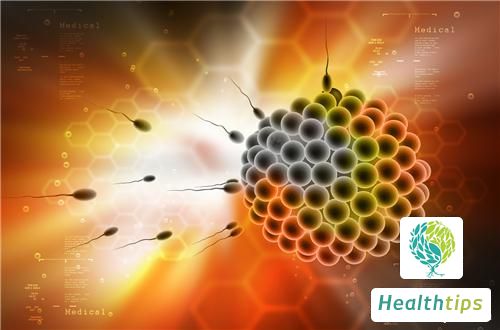"What Are the Consequences of Swallowing Toothpaste?"
Every day, everyone spends their time in busyness. In the morning, they may accidentally swallow toothpaste while brushing their teeth due to haste. At this moment, they would be particularly concerned about whether swallowing toothpaste would have any negative impact on their health. So, what happens if you swallow toothpaste?

1. What happens if you swallow toothpaste?
The composition of toothpaste is relatively complex, but it is a non-toxic substance that directly contacts the human oral cavity. Consuming a small amount of it will not cause significant issues. Toothpaste usually contains abrasives, moisturizers, surfactants, thickeners, pigments, etc. Some fluoride-containing toothpaste also contains fluorides, which can be metabolized and digested by the human body. Consuming a small amount is generally harmless.
2. Other uses of toothpaste
Besides maintaining oral hygiene, toothpaste has many other uses. In summer, when it's easy to sweat and clothes have sweat stains, you can add some toothpaste to wash them off. When cleaning leather shoes, you can add some toothpaste to the shoe cream to make them shine brighter. Toothpaste can also be used to clean glass and water stains. If there are stains on the mirror, you can use toothpaste to remove them. The stain-removing effect of toothpaste is quite good.
3. Precautions
It is not recommended for a family to share a tube of toothpaste as it can pick up bacteria from each person's mouth, leading to cross-infection. It is also advisable not to use a toothpaste for too long as its components may change when exposed to air frequently. Additionally, toothpaste should not be used for acne treatment as it can irritate the skin and potentially leave scars.
4. Correct usage method
Research shows that the amount of saliva secreted by the mouth varies between day and night. The amount of saliva secreted during the day is several times higher than at night, and the antibacterial function of saliva can inhibit bacterial growth. Therefore, it is beneficial to use different toothpaste for brushing in the morning and evening to help eliminate bacteria in the mouth. Many toothpastes on the market contain fluoride, but long-term use is not recommended as it can cause side effects such as tooth discoloration and fluorosis.
5. Avoid sharing toothpaste
Everyone's mouth is an environment with various bacteria. Even with careful brushing, it is impossible to completely eliminate all bacteria, especially those attached to the gaps of toothbrush bristles. If a family shares a tube of toothpaste, bacteria from everyone's mouth will gather at the tube opening and be carried away by others' toothbrushes. Therefore, the more people use the same tube of toothpaste, the more bacteria accumulate at the opening, increasing the risk of bacterial transmission.



















